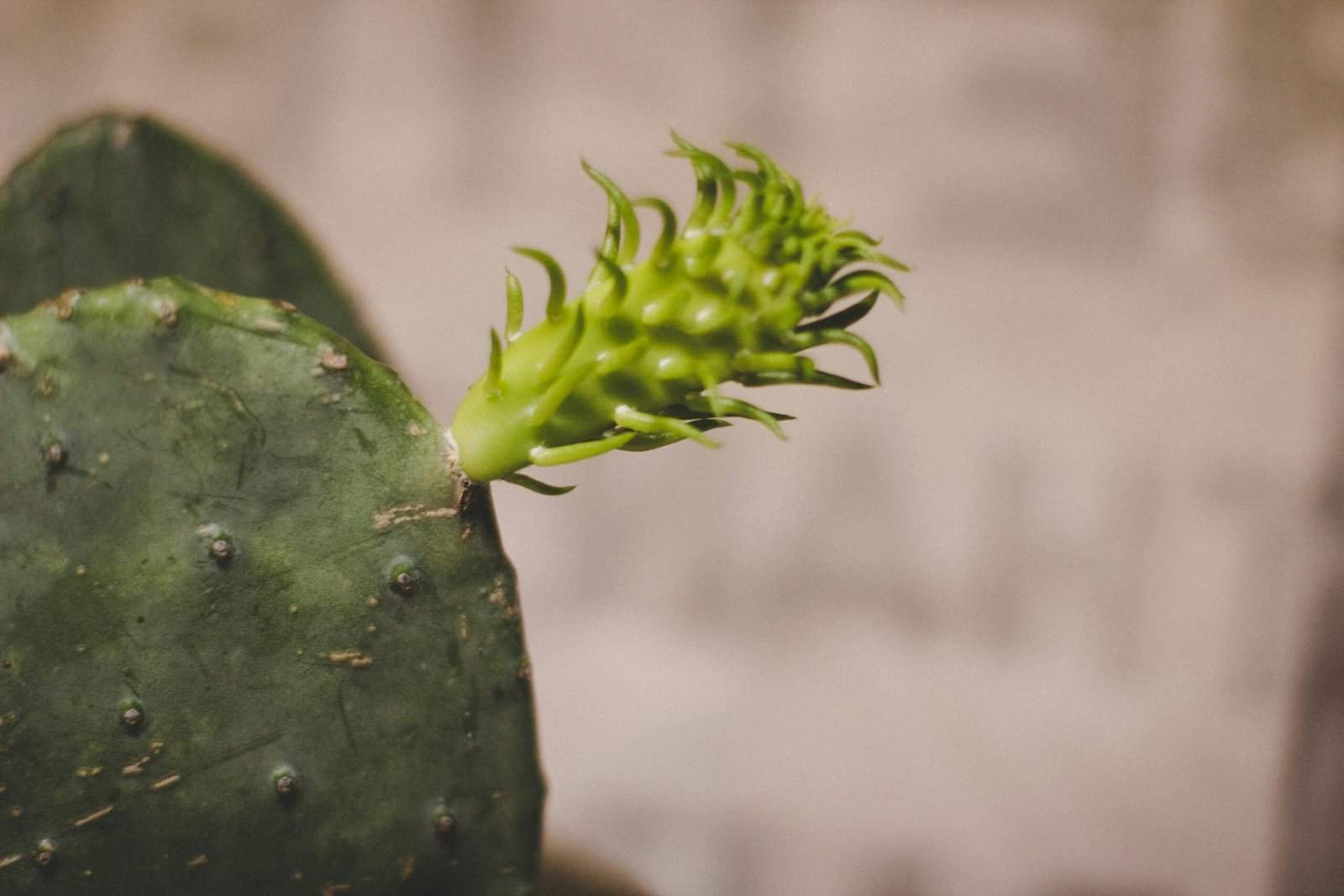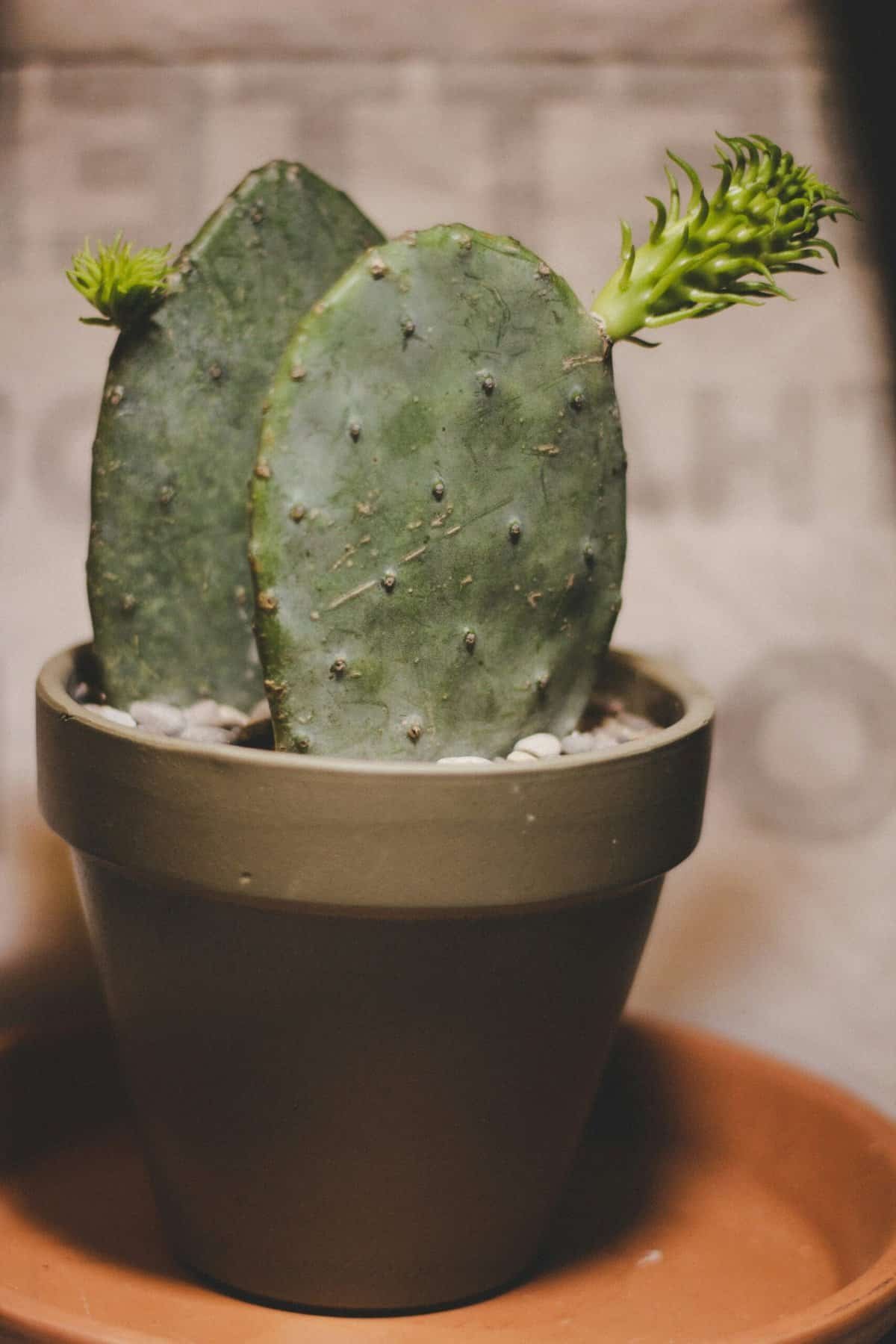Have you ever wondered how something as unassuming as a cactus could hold the secrets to reducing inflammation in your body? The nopal cactus, often known as the prickly pear cactus, stands out not just for its resilience in harsh conditions but also for its potential health benefits, particularly when it comes to tackling inflammation. This fascinating plant has intrigued scientists and health enthusiasts alike, prompting a deeper look into its properties and how it might offer natural relief from the inflammation that plagues so many people today.
Understanding Inflammation
Before exploring how the nopal cactus can help, it’s essential to understand what inflammation actually is. In simple terms, inflammation is your body’s natural response to injury or infection. It’s like a call to arms for your immune system to defend and repair your tissues. However, when inflammation becomes chronic, it shifts from being a helpful process to a harmful one. Conditions like arthritis, heart disease, and even certain cancers have been linked to chronic inflammation, influencing your overall health and well-being.
Acute vs. Chronic Inflammation
Acute inflammation is the body’s immediate response to injury or infection, often characterized by redness, warmth, swelling, and pain. It’s a short-term process aimed at healing. On the other hand, chronic inflammation lingers, sometimes without external symptoms, quietly damaging tissues and cells over time. This prolonged inflammation can contribute to various diseases and health issues.
Meet the Nopal Cactus
The nopal cactus, or Opuntia ficus-indica, is native to the arid regions of Mexico and parts of Arizona. Often identified by its flat, paddle-shaped pads and vibrant fruits, it has been a traditional food source and remedy in these regions for centuries.
Nutritional Profile of Nopal Cactus
The nopal cactus is packed with essential nutrients, including vitamins, minerals, and antioxidants, even though it might not initially look like a nutritional powerhouse.
| Nutrient | Benefits |
|---|---|
| Dietary Fiber | Aids digestion and supports gut health |
| Vitamin C | Boosts immune function and acts as an antioxidant |
| Magnesium | Supports muscle function and bone health |
| Phytochemicals | Provide antioxidant and anti-inflammatory benefits |
By leveraging these nutrients, the nopal cactus can support various aspects of health, particularly its anti-inflammatory capabilities.

How Nopal Cactus Reduces Inflammation
With its unique set of nutrients, the nopal cactus offers several pathways for reducing inflammation in the body. Understanding these pathways provides valuable insight into its benefits and potential application.
Antioxidant Properties
The nopal cactus is rich in antioxidants, compounds that neutralize free radicals in your body. Free radicals are unstable molecules that can cause oxidative stress, a condition linked to inflammation and chronic diseases. By countering these molecules, the antioxidants in nopal can help reduce inflammation.
Anti-inflammatory Compounds
Research has shown that the nopal cactus contains specific anti-inflammatory compounds, such as betalains and flavonoids. These compounds inhibit the pathways that lead to inflammation, offering a natural alternative for managing inflammatory conditions. They play a crucial role in downregulating inflammatory responses in your body, providing relief without the side effects associated with pharmaceuticals.
Blood Sugar Regulation
Maintaining balanced blood sugar levels is crucial for controlling inflammation. The fiber and pectin in nopal cactus help regulate glucose absorption, preventing spikes in blood sugar that can lead to inflammatory responses. This regulation can be particularly beneficial for individuals with diabetes or metabolic syndrome.
Gut Health Enhancement
A healthy gut is key to managing inflammation, as the digestive tract houses a significant portion of your immune system. The dietary fiber in nopal cactus acts as a prebiotic, feeding beneficial gut bacteria. This can improve gut health, enhance nutrient absorption, and modulate inflammatory signals, contributing to overall reduced inflammation.
Scientific Studies and Findings
Research into the anti-inflammatory effects of the nopal cactus is ongoing, with various studies highlighting its potential.
Human Studies
Clinical trials have shown promising results, with participants consuming nopal cactus juice experiencing reduced inflammation markers in their blood. This evidence supports traditional claims of nopal’s health benefits and indicates its potential role as a complementary treatment option.
Animal Studies
Animal studies have also demonstrated that nopal cactus can reduce inflammation. In one study, rats with induced inflammation showed significant improvement after being treated with nopal extract. These findings further emphasize the plant’s efficacy and encourage further research into its mechanisms of action.

Incorporating Nopal Cactus into Your Diet
Adding nopal cactus to your diet can be a simple and enjoyable way to harness its health benefits. Whether you prefer it fresh, cooked, or in supplement form, various options can suit your preferences and lifestyle.
Fresh Nopal
Fresh nopal pads can be diced and added to smoothies or salads for a nutritional boost. Their mild flavor makes them a versatile ingredient in many dishes, and they can be found in specialty grocery stores or farmers’ markets.
Cooked Nopal
Cooking nopal, whether grilled, boiled, or sautéed, is also a popular method. It softens the cactus pads and enhances their flavor. Cooking them with eggs, in stews, or as a side dish can be both delicious and healthful.
Nopal Supplements
If fresh nopal is not readily available, supplements offer a convenient alternative. These supplements are typically made from dehydrated cactus pads and come in pill or powder form. They’re an easy way to ensure consistent intake of nopal’s beneficial compounds.
Precautions and Considerations
While nopal cactus is generally safe for consumption, there are a few considerations to keep in mind, especially if you’re introducing it to your diet for health reasons.
Potential Side Effects
Some people might experience mild digestive changes, such as increased gas or an upset stomach, when first consuming nopal. It’s wise to start with small amounts and see how your body reacts.
Interaction with Medications
If you’re on medication, especially for blood sugar management or anti-inflammatory purposes, consult with a healthcare professional before incorporating nopal into your regimen. It may enhance the effects of these medications, necessitating adjustments.

Nopal Cactus: A Natural Alternative for Managing Inflammation
In a world with increasing interest in natural health solutions, the nopal cactus emerges as a promising candidate for reducing inflammation. Its rich array of nutrients and bioactive compounds offer potential relief from the inflammation that underlies many chronic diseases. As research continues to unravel its mechanisms, the nopal cactus could become a more prominent figure in dietary and medicinal practices aimed at promoting long-term health.
By taking informed steps to include nopal cactus in your lifestyle, whether as part of your diet or complementary to traditional treatments, you may tap into a valuable, natural resource for supporting your body’s fight against inflammation. Isn’t it remarkable how something as prickly as a cactus can be so gentle on your health?

